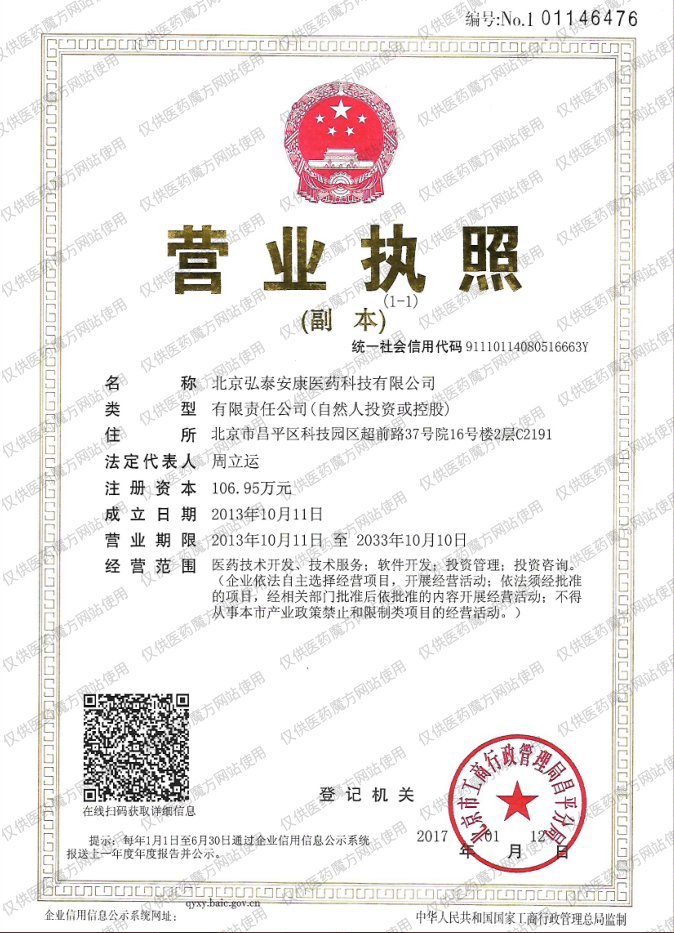FDA delays review of Novartis’ MS drug ofatumumab
Regulator now expected to deliver verdict on application in September

The FDA has extended its review time for Novartis’ multiple sclerosis therapy ofatumumab, delaying a possible launch of a drug the company has said could be a future blockbuster.
The Swiss pharma group said the US regulator is now expected to deliver a verdict on the application in September, adding three months to the timeline, without giving a reason for the agency’s decision.
If approved, ofatumumab (OMB157) will be a direct rival to Roche’s fast-growing MS therapy Ocrevus (ocrelizumab), which has exploded since its launch in 2017 and had revenues of $3.8bn last year.
Both drugs target CD20, found on B cells that are involved in the autoimmune destruction of the myelin sheaths surrounding nerve fibres in the brain and spinal cord of people with MS. The antibodies are thought to deplete these B cells, reducing their production of antibodies that attack myelin.
“Novartis will continue to work with the FDA to complete the review as soon as possible,” commented Marie-France Tschudin, president of Novartis Pharma, on the review extension.
“We are well prepared and ready to launch ofatumumab upon approval,” she said adding that Novartis is “committed to the MS community and look forward to bringing this important advancement to patients with MS”.
Additional regulatory filings are currently underway and regulatory approval for ofatumumab in Europe is expected by the second quarter of next year, according to Novartis.
Ofatumumab has a chance of becoming the first B-cell-targeting therapy for relapsing forms of MS that can be self-administered by patients at home once every four weeks. Ocrevus is typically given as two intravenous infusions 14 days apart, but only needs to be administered every six months, so there is a trade-off between dosing frequency and the need for clinic visits.
In addition, Ocrevus is approved for both relapsing and primary progressive forms of MS, while ofatumumab is currently only under review for relapsing MS.
Novartis’ drug is being reviewed in the US and Europe based on the results of the ASCLEPIOS I and II studies which showed that the antibody was more effective at cutting relapses than Sanofi’s once-daily oral MS drug Aubagio (teriflunomide), reducing the rate by 50.5% and 58.5% respectively.
It would fit into Novartis’ MS portfolio next to the company’s oral drugs – $3.2bn blockbuster Gilenya (fingolimod) and new follow-up Mayzent (siponimod) – as well as interferon beta-1a and glatiramer acetate biosimilars.
Cortellis has predicted ofatumumab could become a $1.26bn product in 2024. Novartis paid $1bn for right to the drug from GlaxoSmithKline and Genmab in 2015.
The FDA has extended its review time for Novartis’ multiple sclerosis therapy ofatumumab, delaying a possible launch of a drug the company has said could be a future blockbuster. The Swiss pharma group said the US regulator is now expected to deliver a verdict on the application in September, adding three months to the timeline, without giving a reason for the agency’s decision. If approved, ofatumumab (OMB157) will be a direct rival to Roche’s fast-growing MS therapy Ocrevus (ocrelizumab), which has exploded since its launch in 2017 and had revenues of $3.8bn last year. Both drugs target CD20, found on B cells that are involved in the autoimmune destruction of the myelin sheaths surrounding nerve fibres in the brain and spinal cord of people with MS. The antibodies are thought to deplete these B cells, reducing their production of antibodies that attack myelin. “Novartis will continue to work with the FDA to complete the review as soon as possible,” commented Marie-France Tschudin, president of Novartis Pharma, on the review extension. “We are well prepared and ready to launch ofatumumab upon approval,” she said adding that Novartis is “committed to the MS community and look forward to bringing this important advancement to patients with MS”. Additional regulatory filings are currently underway and regulatory approval for ofatumumab in Europe is expected by the second quarter of next year, according to Novartis. Ofatumumab has a chance of becoming the first B-cell-targeting therapy for relapsing forms of MS that can be self-administered by patients at home once every four weeks. Ocrevus is typically given as two intravenous infusions 14 days apart, but only needs to be administered every six months, so there is a trade-off between dosing frequency and the need for clinic visits. In addition, Ocrevus is approved for both relapsing and primary progressive forms of MS, while ofatumumab is currently only under review for relapsing MS. Novartis’ drug is being reviewed in the US and Europe based on the results of the ASCLEPIOS I and II studies which showed that the antibody was more effective at cutting relapses than Sanofi’s once-daily oral MS drug Aubagio (teriflunomide), reducing the rate by 50.5% and 58.5% respectively. It would fit into Novartis’ MS portfolio next to the company’s oral drugs – $3.2bn blockbuster Gilenya (fingolimod) and new follow-up Mayzent (siponimod) – as well as interferon beta-1a and glatiramer acetate biosimilars. Cortellis has predicted ofatumumab could become a $1.26bn product in 2024. Novartis paid $1bn for right to the drug from GlaxoSmithKline and Genmab in 2015

扫码实时看更多精彩文章



